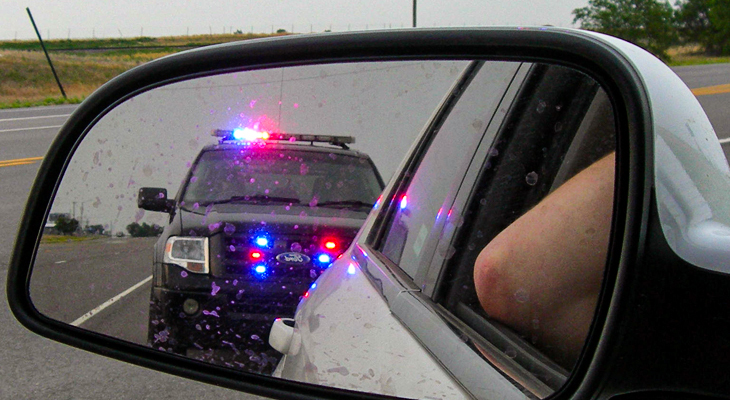
“Driving while disqualified” refers to an indictable offence if the accused is found driving a motor vehicle, despite serving the driving disqualification via court orders, thereby violating the court’s orders. If you’ve been charged with driving while disqualified, the Crown Prosecutor will have to prove that you were operating an automobile anywhere in Canada despite knowing you were disqualified from doing so and that you were aware that you were driving while disqualified.
Usually, licence disqualifications will be followed by a conviction for a criminal felony like dangerous driving, impaired driving offence, or trying to escape from the authorities. If you get disqualified from driving as a part of criminal sentencing, you’ll receive a court order that specifies your length of the driving disqualification. If you’re found driving a vehicle again during this period, you’ll get charged with driving while disqualified. Driving while disqualified is also a type of offence that’s punishable on summary conviction.
It’s worth noting here that driving prohibitions imposed by the courts don’t always run for the same length of time as those imposed by the provincial governments. If you’ve received a 1-year driving prohibition from a court, you may still have to take extra measures to complete the government-imposed licence suspension, if you’ve completed the driving prohibition imposed by the court.
Penalty For Driving While Disqualified
The courts and crown attorneys consider driving while disqualified a severe criminal offence. When initially reviewing such charges, the majority of the crown prosecutors consider a sentence of 30 to 90 days imprisonment as an appropriate penalty.
The penalty for driving while disqualified may also include:
- Forfeiting the automobile
- Probation
- Increase in licence suspension terms
- Monetary fines and any other conditions considered reasonable by the court
As a result of the successful conviction of this offence, the court may also add a further licence suspension of 1 to 3 years.
Difference Between Driving While Disqualified And Driving While Suspended
Driving while disqualified is an indictable offence that’s punishable under section 259 of the Canadian Criminal Code, resulting in a criminal record. On the other hand, driving while suspended is a felony that’s punishable under provincial law. The provincial government can suspend your drivers licence for a variety of non-criminal offences like inability to pay child support, accumulating demerit points, and other traffic offences.
Nonetheless, if your driver’s licence is suspended as a result of a conviction under the Criminal code, while you’re arrested driving under a provincial suspension, the court may still find you guilty of the criminal offence of driving while disqualified.
Defending Driving While Disqualified Charges
If you’ve been charged with driving while disqualified, it’s your right to hire an expert criminal defence lawyer to defend yourself and challenge the evidence of the police in court. The court must listen to your side of the story before making a final decision about your case.
The police and prosecution must prove the following essential things before you can be found guilty of the alleged offence:
- Driving prohibition order made by the court
- Vehicle was indeed a motor vehicle as defined in the Canadian Criminal Code
- The police arrested and charged you appropriately without violating your rights
- All documentation is correct
- Your trial is within a reasonable time
These, along with some other issues, may present a viable defence to your criminal charge. It’s worth noting that not all criminal cases move to trials. Sometimes, the prosecution may also agree to reduced charges which can also be agreeable for you to prevent severe implications of penalties arising from a successful criminal conviction.
Final Thoughts
If you’ve been arrested for driving while disqualified, you may still face similar penalties as of a criminal offence. This may include a new driving suspension, monetary fines, and even jail time. You should also expect to pay extra towing and impound fees if the police seize your vehicle. Besides that, your insurance may also increase if you get convicted.
About Slaferek Callihoo
Slaferek Callihoo is a criminal defence law agency based in Edmonton, Alberta. Visit our website to learn more about our expert legal services or contact us for professional legal counselling.
